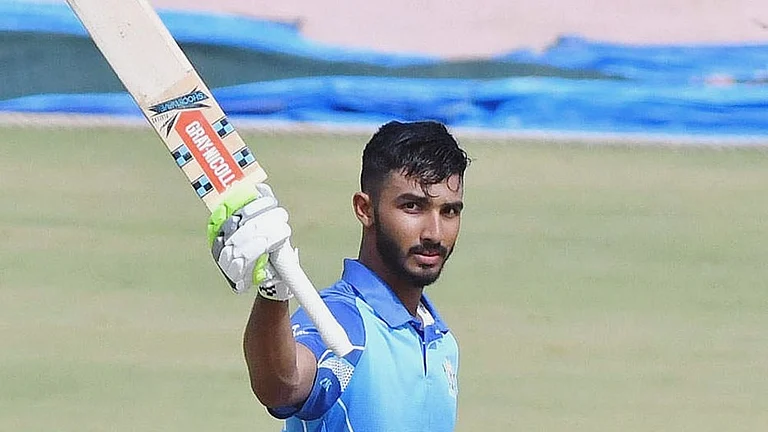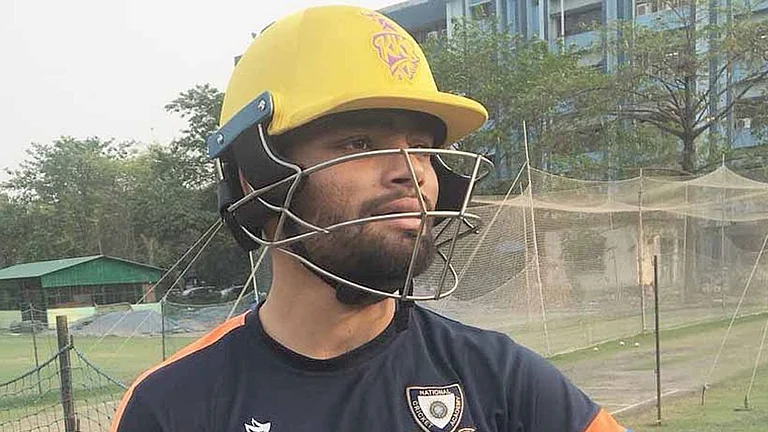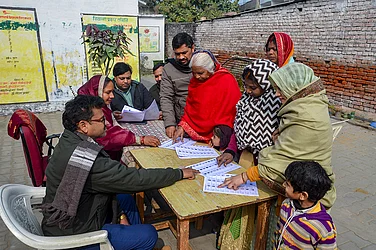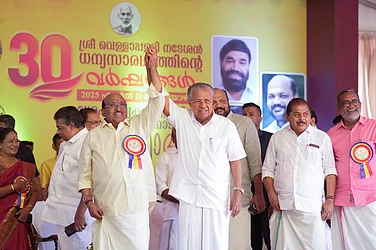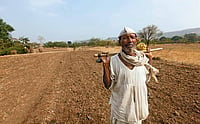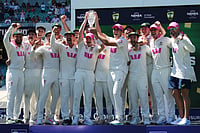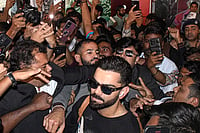Madhav Godbole, who was the Union home secretary at the time of the Babri Masjid demolition, talks to Prachi Pinglay-Plumber about what happened during those days and in the aftermath. Taking a stand, Godbole resigned from his job and has since advocated a more robust understanding and implementation of the Indian Constitution.
What were the circumstances and factors that led you to believe that the mosque would be demolished, unleashing nationwide violence?
It was clear that this was a place of worship for one religion, and any attack on it and any possibility of its demolition would be a catastrophe. That’s why we were keen that the state government should take steps for its protection. But from what we could make out of their intentions, that was not going to happen. For example, one suggestion we made was to keep the central police in the close first ring of protection of the monument, so they could take over if any untoward incident occurred. The state government was reluctant to do it—they only wanted the state police. This was the first warning sign. We also had some information which led us to believe the karseva would not be peaceful, although there was no concrete evidence of a conspiracy. That’s why the contingency plan to establish President’s rule and take over the state administration was made—but that did not happen.
Did you anticipate the situation going out of control?
When violence erupts in the country, under the Constitution, the central government’s power to intervene is limited, as policing and public order are in the state list. All we can do is assist the state by providing paramilitary forces or intelligence inputs, or placing the army at their disposal. In this case, paramilitary forces were kept on alert near sensitive states and the army was informed to keep their units ready to move if asked for assistance. Actual intervention is not possible beyond that.
The demolition led to riots in Mumbai and then the serial blasts. It changed the city’s social fabric permanently.
Even then, we knew Maharashtra was likely to have serious problems. But the decision to impose President’s rule is essentially political and depends on which party is in power in which state. When matters went to Parliament regarding President’s rule in the BJP-ruled states of Rajasthan, Himachal, UP and MP, the Home Ministry had indicated that it should also be imposed in Maharashtra, Gujarat and Karnataka. But this was unacceptable, and so it was imposed only in BJP-ruled states. Therefore, we saw what happened in Maharashtra. Effectively no government was functioning in the state—the Shiv Sena had practically taken over.
The Sena also came to power afterwards, and not much was achieved despite the report of the Srikrishna Commission.
You speak of the Srikrishna Commission. Take the case of the Liberhan commission, which created a world record by taking 17 years to report. One reason for this was the number of times matters went before the courts, resulting in stays being granted. I have been saying for over a decade now that this whole Act needs to be amended to preclude intervention by the courts. Currently, a commission authorised by an Act of Parliament, may be stymied by a court-granted stay that continues indefinitely.
Public memory is too short. If you go back to the Emergency, what did Indira Gandhi do when the Shah Commission was appointed? She simply refused to appear. The commission says, “I have no power of contempt and therefore I cannot take any action. At the most I can go to court.” In this case, the magisterial court took its time and she got away without any action. All such commissions have recommended that they should be given powers for contempt of court in order to be effective, but no political party wants to do anything about it.
What do you see as the demolition’s lasting impact? Have any processes improved?
As I look back on the past 25 years, nothing has changed and all our problems are the same. We should learn some lessons from such a catastrophe, where all our constitutional institutions came under serious attack. Let us start with the state government, which was responsible for protecting the monument, which had given all assurances to the Supreme Court and the National Integration Council, failed in its duty. What action was taken? President’s rule afterwards was too little, too late.
Second, the Supreme Court. It was monitoring the case and what happened? The CM of the state got away in the case of the contempt petition. The final case is that of the government of India. The common man may not understand the intricacies of the Constitution but he asked, “What was the government of India doing?” He saw it with folded hands doing nothing.
And we have done nothing to ensure that if a similar situation arises, the Centre will have the powers to intervene on its own through a constitutional amendment, which would mean carrying all the states with us. What happened in Gujarat in 2002? The central government could not intervene.
Today if another catastrophic event of this nature should occur, you will find the government of India as helpless as it was at that time. We have learnt no lesson.







